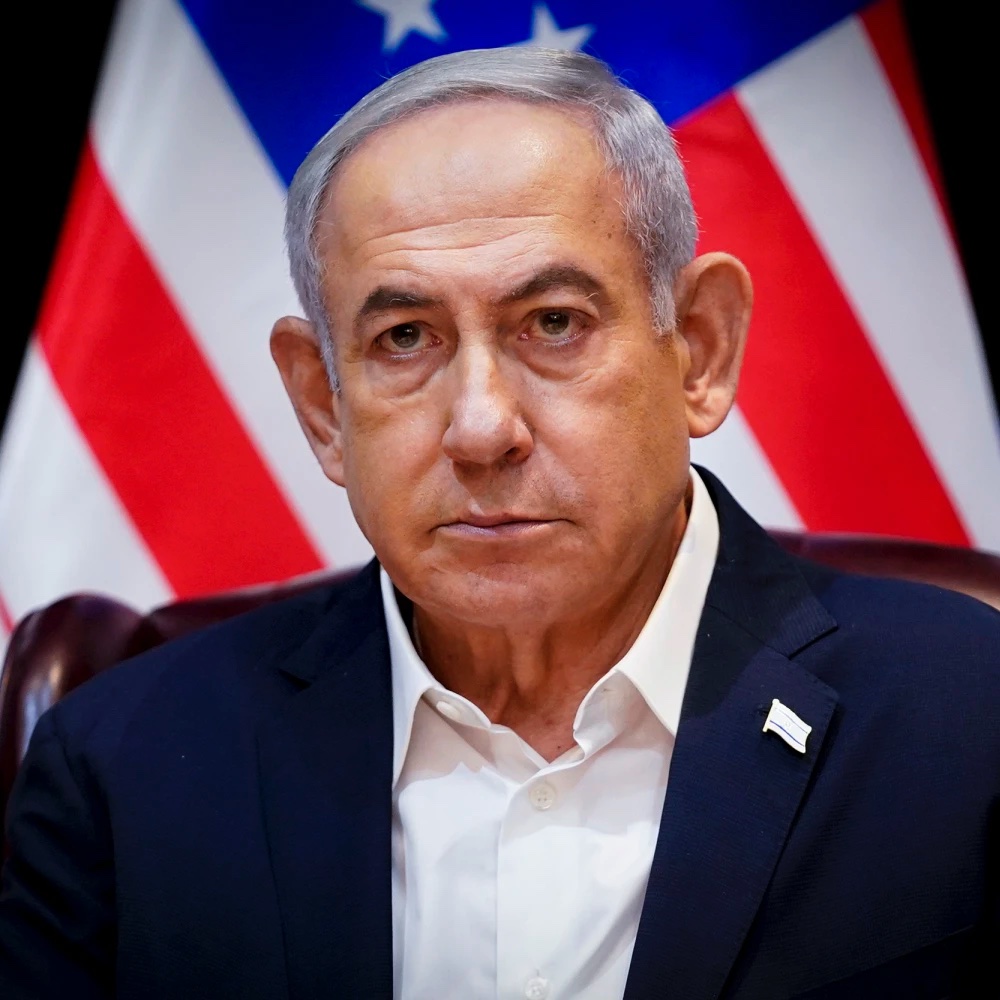
Israel pledged that it will “exact a price” from Iran as the country weighs its response to an unprecedented overnight barrage of drone and missile strikes while facing international pressure to de-escalate.
The overnight attack – which saw Tehran launch a series of strikes at Israel over five hours – threatens to tip the crisis in the Middle East into an untempered regional war.
Israel’s war cabinet has been authorized to respond to the attack and met on Sunday, with one of its members, Benny Gantz, saying the “event is not over.”
He cited the need to “build a regional coalition and exact a price from Iran, in a way and at a time that suits us.”
Israel’s Defense Minister Yoav Gallant earlier said Israel had “thwarted this attack in a way that is unparalleled” but added “we must be prepared for every scenario.” In his first comments, Israeli Prime Minister Benjamin Netanyahu said “we have intercepted, we have contained. Together we shall win.”
An Israeli official separately told newsmen that Israel will respond to Iran’s attack, but the scope of that attack has yet to be decided. The official said Israel is yet to determine whether to try and “break all the dishes” or do something more measured.
But Israel is being urged by Western allies to de-escalate an intensely fraught situation on Sunday and close, at least for now, a weeks-long chapter of uncertainty and confrontation that had spiraled out of Israel’s war with Hamas that has killed more than 33,000 Palestinians in Gaza and caused a humanitarian disaster in the enclave.
Israeli forces fire rockets from their Iron Dome defence system near the southern city of Sderot to intercept rockets launched from the Gaza Strip, on May 13, 2023. Israeli air strikes battered Gaza again on May 13 in response to rocket fire from militants as deadly fighting resumed after a night of relative calm, despite efforts to secure a truce.
How Israel and allied defenses intercepted more than 300 Iranian missiles and drones
Iran’s retaliatory attack had been anticipated since a suspected Israeli strike on an Iranian diplomatic complex in Syria earlier this month, and finally came late on Saturday when over 300 projectiles – including around 170 drones and over 120 ballistic missiles – were fired toward Israeli soil.
Approximately 350 rockets were fired from Iran, Iraq, Yemen, and Lebanon’s Hezbollah, according to Israel Defense Forces (IDF) spokesperson Daniel Hagari. Israeli authorities said “99%” of the projectiles were intercepted with help from allies including the US, the UK and France. The only injury reported was a 7-year-old girl who was seriously wounded by shrapnel.
The reprisals brought years of clandestine conflict between the countries into the open, and marked the first time the Islamic Republic had launched a direct assault on Israel from its soil.
Israel and Iran have long been rivals, but tensions escalated in the wake of Hamas’ attacks on Israel, which left about 1,200 people dead. Iran backs a web of proxies across the Middle East that have frequently clashed with Israel since the attacks.
The war cabinet meeting lasted for hours and ended Sunday night without a decision on how Israel will respond, according to an Israeli official.







